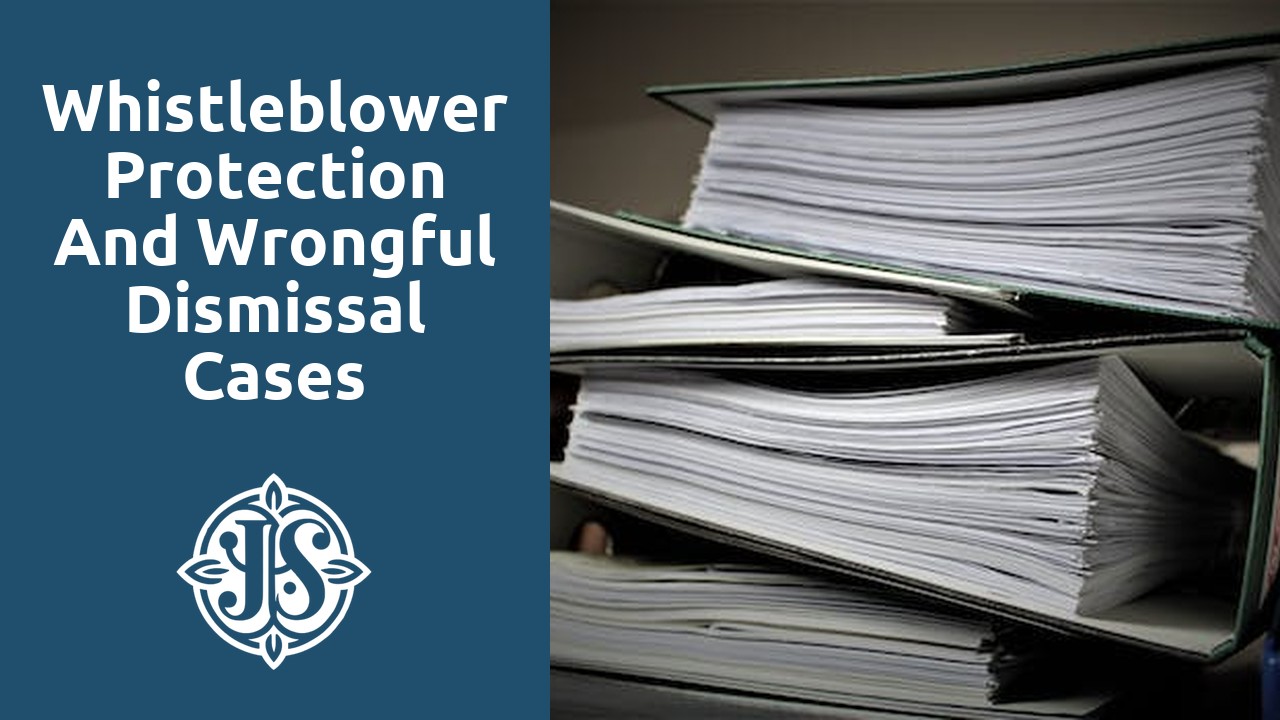Contents
- 1 Resolving Challenges in Supplier Contracts: A Legal Roadmap
- 2 Protecting Your Business Interests in Supplier Disputes
- 3 Understanding the Legal Landscape of Supplier Contract Disputes
- 4 Effective Strategies for Managing Supplier Contract Conflicts
- 5 Mitigating Risk in Supplier Contracts: A Legal Perspective
- 6 Exploring Options for Resolving Supplier Contract Disputes
Table Of Contents
Resolving Challenges in Supplier Contracts: A Legal Roadmap
A key aspect of successfully navigating supplier contract disputes is understanding the legal roadmap that will guide the resolution process. This starts with a thorough review and analysis of the contract terms and conditions. By carefully examining the provisions and obligations outlined in the agreement, businesses can identify potential areas of dispute and create a strategy for resolution. It is also important to pay close attention to the dispute resolution clause, as this will dictate the process that will be followed in the event of a disagreement.
Once potential challenges in the supplier contract have been identified, it is crucial to protect your business interests throughout the dispute resolution process. This begins with engaging skilled legal counsel who specializes in supplier contract disputes. These professionals can provide guidance on the best course of action, helping to ensure that your rights and obligations are protected. Additionally, it is important to maintain clear and open lines of communication with the supplier, as productive discussions and negotiations can often lead to resolution without the need for costly and time-consuming litigation.
Protecting Your Business Interests in Supplier Disputes
It is crucial for businesses to proactively protect their interests when it comes to supplier disputes. Supplier contracts often involve significant financial investments and can have a direct impact on the success of a company. Therefore, it is vital to have a comprehensive understanding of the legal landscape surrounding supplier contract disputes.
One important aspect of protecting your business interests is the inclusion of well-drafted contractual provisions. This includes clearly defining the rights and responsibilities of both parties, as well as outlining dispute resolution mechanisms. By having these provisions in place, it becomes easier to resolve issues in a fair and efficient manner. Additionally, businesses should consider including clauses that outline the consequences of breaching the contract, such as remedies, liquidated damages, or termination rights. These provisions can help deter suppliers from engaging in actions that may harm your business and can provide a level of security in the event of a dispute.
Understanding the Legal Landscape of Supplier Contract Disputes
Understanding the legal landscape of supplier contract disputes is crucial for businesses seeking to protect their interests and navigate these challenging situations. Supplier contracts are vital in establishing the terms and conditions under which goods or services are provided, and any disputes that arise can have significant implications for both parties involved. It is important to recognize that supplier contract disputes can vary in complexity and nature, depending on factors such as the industry, jurisdiction, and contractual provisions. Therefore, businesses must have a clear understanding of the applicable laws and regulations that govern these disputes, as well as the potential legal remedies and strategies available to them.
One key aspect to consider in understanding the legal landscape of supplier contract disputes is the importance of contract interpretation. Thoroughly analyzing the specific language and provisions of the contract can help clarify each party’s rights and obligations, and can provide valuable insights into how potential disputes may be resolved. Parties should also consider whether any applicable industry-specific regulations or standards exist that may impact the contract or influence a court’s interpretation of its terms. Additionally, understanding the governing law and jurisdiction of the contract is crucial, as this will determine which laws apply and where any potential legal action may be pursued. By gaining a deeper understanding of the legal landscape surrounding supplier contract disputes, businesses can ensure they are equipped with the knowledge and strategies necessary to protect their interests and effectively navigate these challenging situations.
Effective Strategies for Managing Supplier Contract Conflicts
When faced with conflicts or disputes arising from supplier contracts, businesses must adopt effective strategies to navigate these challenges. One crucial strategy is to clearly define the terms and conditions of the contract. By ensuring that all parties involved fully understand their rights, responsibilities, and obligations, the potential for disagreements and conflicts can be minimized. The contract should cover key aspects such as pricing, delivery schedules, quality standards, and dispute resolution mechanisms.
Additionally, maintain open and transparent communication with the supplier throughout the contract duration is vital. Regularly assessing the progress and performance of the supplier can help identify and address any potential issues before they escalate into full-blown conflicts. Establishing a feedback system and conducting periodic meetings or check-ins can enable both parties to stay informed and proactively manage any emerging conflicts. Moreover, maintaining a positive and constructive dialogue throughout the contract not only fosters a better working relationship but also increases the chances of resolving conflicts in a mutually satisfactory manner.
Mitigating Risk in Supplier Contracts: A Legal Perspective
Mitigating Risk in Supplier Contracts: A Legal Perspective
Ensuring that your business is protected from potential risks and disputes in supplier contracts is crucial to maintaining a successful and sustainable operation. Taking a proactive approach by incorporating effective risk mitigation strategies into your supplier contracts can save you time, money, and unnecessary headaches down the line. From carefully reviewing and negotiating contract terms to including indemnification provisions, there are several legal avenues you can explore to safeguard your business interests.
One fundamental step in mitigating risk is conducting a thorough review of all contract terms and conditions before finalizing an agreement with a supplier. This includes carefully examining the scope of work, payment terms, delivery timelines, and any potential penalties or liabilities. By paying close attention to these details, you can identify any potential red flags or areas of concern that may require further negotiation or clarification to protect your business. Additionally, it is crucial to ensure that key provisions such as termination rights, dispute resolution mechanisms, and intellectual property rights are explicitly defined and agreed upon in writing to mitigate any potential conflicts.
Exploring Options for Resolving Supplier Contract Disputes
One option for resolving supplier contract disputes is negotiation. This allows the parties involved to discuss their concerns and explore potential solutions in an amicable manner. Negotiation can be successful when both parties are willing to compromise and seek a mutually beneficial resolution. It is important for each party to clearly communicate their needs and objectives and to listen to the other party’s perspective. A skilled negotiator can help facilitate the discussion and guide the parties towards a fair and equitable agreement. However, it is also important to recognize that negotiation may not always be effective, especially if there is a significant power imbalance between the parties or if the dispute is highly contentious. In such cases, alternative dispute resolution methods may be necessary.
Mediation is another option for resolving supplier contract disputes. In mediation, a neutral third party, called a mediator, facilitates the communication between the parties and helps them work towards a resolution. The mediator does not make a decision or impose a solution, but rather helps the parties find common ground and explore creative options. Mediation can be a cost-effective and time-efficient alternative to litigation, allowing the parties to maintain control over the outcome of their dispute. Additionally, mediation can help preserve the relationship between the parties, which is especially important when they have an ongoing business relationship. It is crucial for the parties to approach mediation with an open mind and a willingness to engage in constructive dialogue.
Related Links
Breach of Contract in the Gig Economy: Protecting Freelancers and Employers
The Impact of Technology on Contract Formation and Enforcement




